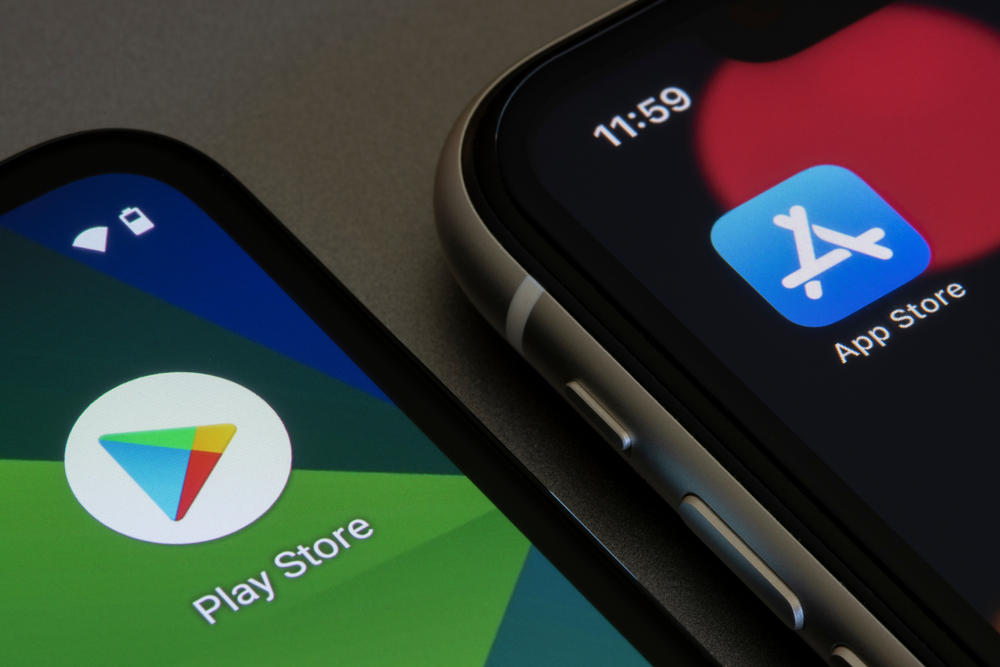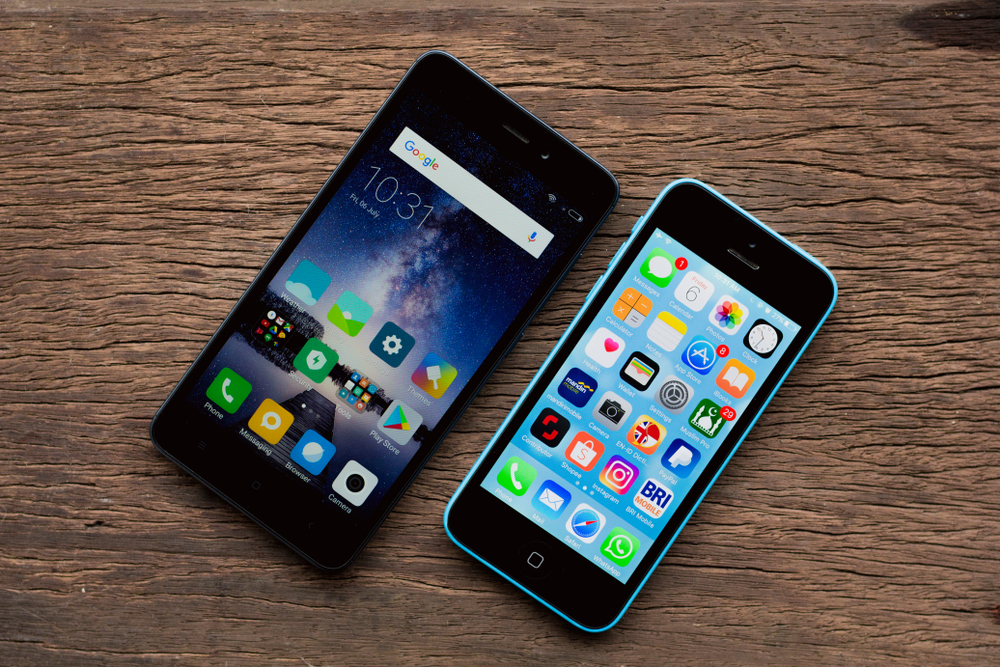
Boost Downloads and Drive Engagement: Effective Marketing Strategies for Your Mobile App

Owning a mobile app is not enough; you need to ensure that it reaches the right audience and drives engagement. With millions of mobile apps available in various app stores, it can be challenging to stand out from the competition. However, with the right marketing strategies, you can boost downloads and drive user engagement for your mobile Google Play or App Store app .
1. Define Your Target Audience
Your mobile app's success starts with understanding your target audience. Who are the potential users of your mobile iOS or Android app ? What problem does it solve for them? By defining your target audience, you can tailor your marketing efforts to reach the right people. Conduct market research, analyze competitor apps, and gather feedback from potential users to gain valuable insights.
Understand their demographics, interests, and preferences. Once you have a clear understanding of your target audience, you can create targeted marketing messages and reach them through the most appropriate channels.
2. Optimize App Store Listings
Your app's visibility in app stores is crucial for driving downloads. App store optimization (ASO) is the process of enhancing your app's visibility and ranking in app store search results. To optimize your app store listings:
- Title: Choose a clear and descriptive title that incorporates relevant keywords your target audience might search for.
- Description: Write a compelling and concise description that highlights your app's features, benefits, and unique selling points.
- Keywords: Research and include relevant keywords in your app's metadata to increase its discoverability.
- Screenshots and Videos: Use eye-catching screenshots and videos to showcase your app's interface and functionalities.
- Ratings and Reviews: Encourage satisfied users to leave positive ratings and reviews, as they can significantly influence potential users' decisions.
3. Implement Effective App Marketing Techniques
Once your app store listings are optimized, it's time to promote your mobile app through various marketing channels. Here are some effective app marketing techniques:
- Social Media Marketing: Leverage the power of popular social media platforms to create awareness and engage with your target audience. Share engaging content, app updates, and exciting offers to attract new users.
- Influencer Marketing: Collaborate with influential individuals who align with your app's target audience. Their recommendations and endorsements can effectively boost your app's downloads and credibility.
- Content Marketing: Create valuable and informative content related to your app's niche. Publish blog articles, guest posts, and videos that provide insights, tips, and solutions to the problems your app addresses.
- Email Marketing: Build an email list of users who show interest in your app. Send them regular updates, exclusive offers, and personalized recommendations to keep them engaged and encourage them to download or share your app.
- App Store Advertising: Consider investing in paid advertising within app stores to increase your app's visibility and reach. Explore options like featured placements, banners, and interstitial ads to target your audience effectively.
4. Encourage User Engagement
Driving engagement is crucial for the success and longevity of your mobile app. Here are some effective ways to encourage user engagement:
- In-App Notifications: Send personalized and timely notifications to users to keep them engaged and informed about updates, new features, or exclusive content.
- Gamification: Implement gamification elements such as leaderboards, achievements, and rewards to make your app more interactive and addictive.
- Community Building: Create a community around your app where users can connect, share experiences, and provide feedback. This fosters a sense of belonging and loyalty.
- Feedback and Support: Actively seek feedback from your users and provide timely support. Incorporate user suggestions and continually improve your app based on their needs.
- Regular Updates: Release regular updates with new features and bug fixes to show users that you are actively working on improving their app experience.
5. Analyze and Optimize
Constantly monitor and analyze the performance of your mobile App Store or Google Play app marketing efforts. Use analytics tools to track downloads, user engagement, retention rates, and other relevant metrics. Identify areas for improvement and optimize your strategies accordingly.
Experiment with different marketing techniques and measure their effectiveness. Consider A/B testing different app store elements, advertisement creatives, and marketing messages to find the most impactful approaches for your target audience. Continually refine your strategies, leveraging what works best for your mobile Android or iOS app .
Frequently Asked Questions
1. How long does it take to see results from app marketing efforts?
The results of app marketing efforts can vary and depend on various factors, such as your target audience, competition, marketing budget, and the uniqueness of your app. However, with consistent and targeted marketing strategies, you can typically start seeing noticeable results within a few weeks to a few months.
2. Can app store optimization alone guarantee success?
No, app store optimization is crucial for improving your app's visibility, but it is not the sole factor that guarantees success. Effective marketing strategies beyond ASO, such as social media marketing, influencer collaborations, and content marketing, play a significant role in increasing app downloads and engagement.
3. How important are ratings and reviews for app success?
Ratings and reviews are essential for app success as they directly influence potential users' decisions. Positive ratings and reviews build credibility and trust, while negative feedback can deter users from downloading or engaging with your app. Encourage satisfied users to leave ratings and reviews to improve your app's reputation.
4. How often should I update my mobile app?
Regular updates are crucial to keep your mobile app relevant and engaging for users. Aim for at least one significant update every few months, depending on the complexity and requirements of your app. These updates should include new features, bug fixes, and usability improvements based on user feedback and evolving market trends.
5. How can I measure the success of my app marketing efforts?
App analytics tools provide valuable insights into your app's performance. Track metrics such as downloads, user engagement, retention rates, in-app purchases, and user feedback. Establish key performance indicators (KPIs) based on your app's goals and regularly analyze the data to measure the success of your marketing efforts.
Other useful resources
- https://www.appguru24.com/services/app-development/
- https://www.appguru24.com/promote-app/
- https://en.wikipedia.org/wiki/App_store_optimization
- https://www.appguru24.com/apps-directory/android/
- https://www.appguru24.com/ios-app-promotion/